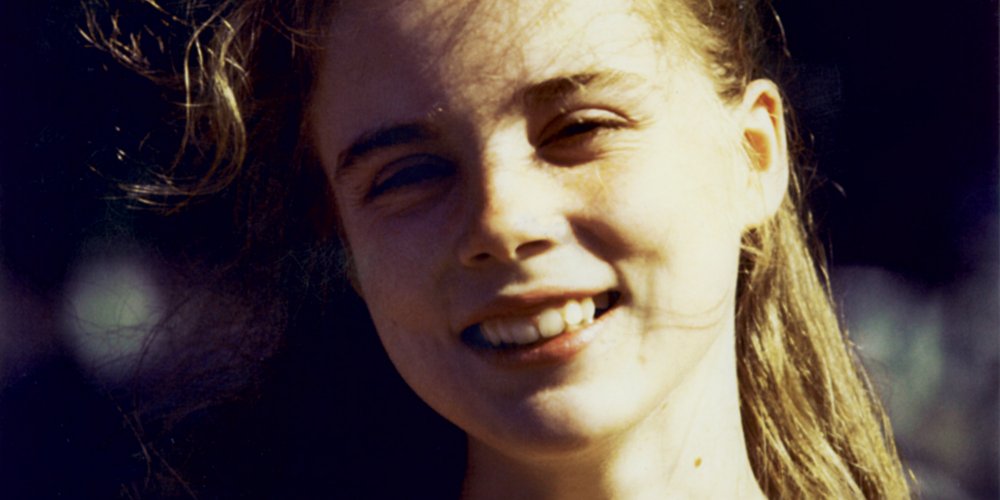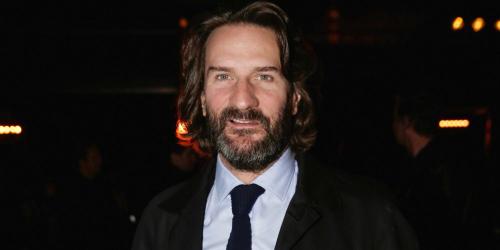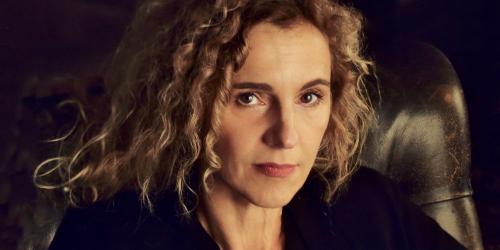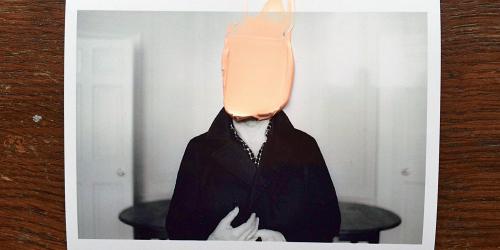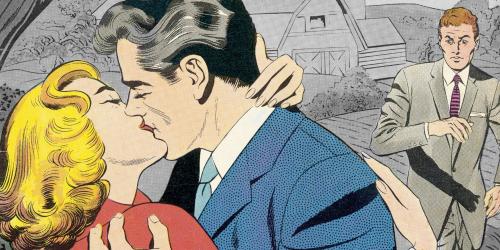She finishes an appointment with the director Aline Issermann and joins us in a corner of this sweet little hotel in Saint-Germain-des-Prés, where the actresses like to confide in the journalists. The anxious look behind her glasses, as if she was having a recruitment interview at the Comédie-Française, Isabelle Carré came to talk about her first book, Les rêveurs *.
A novel, she wants to clarify, even if all that reveals this woman, hitherto cloistered in an intriguing restraint, has all the avowal on sofa psychoanalyst. The dreamers of Isabelle? His parents were chained by a pact of lukewarm love, where everyone was playing the dupe of the other, knowing too well that sooner or later corpses would come out of the closet. The homosexuality difficult to assume the father, then famous designer, the stop on images of the mother remained immured in his loss of the beloved man at 18, who abandoned him pregnant with a boy.
How to build when your surname is the opposite of what you live growing up in the 70s so conducive to the swaying experiences? Carré tout zigzag, as unexpected as it is overwhelming, tears flush when you tell her how much her book has resonated in you, even if, calling William Shakespeare to the rescue, she wants to believe that "the memories we invent are the more beautiful ". "The rest," she continues, "is full of whites, like a large fabric with holes embroidered with my imagination. A dream then? (*) Ed. Grasset.
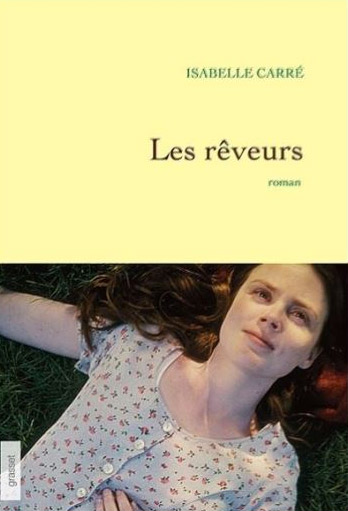
Marie Claire: I'll be honest: you do so little in interview that the result always seems pretty smooth. Your book is, for once, a nice surprise.
Isabelle Carré: When I'm interviewed for a movie or a play, I do not want to talk about me but about my job. I do not know who said our social image is a creation of the thought of others ... We are responsible for the image we give and, indeed, I do not have much inclination for the large unpacking. In the dinners, when someone confides, which should bring another confidence in mirror ... well, no, I'm listening. (Laughter.)
This book is for all times when you have listened too much to others?
Yes, for all the times when I did not reach out and where the other wanted me to trust myself, which might have helped. So, it's done now.
It's strange that we can express ourselves in the place of others
Why now?
For, in part, a reason: the homosexuality of my father. I was traumatized by the Manif for all. I did not expect such homophobia, and I was very surprised to see that these protesters were worried about gay children when we did not hear them in the media. I said to myself, "Well, it's strange that we can express ourselves in the place of others by pretending that they are all unhappy. This book is about lots of people tinkering with their lives, trying to move towards their freedom and their own truth. With, always in mind, the title of a film by Alain Resnais, "Life is a novel".
There is something fascinating right from the start, it is your social origins, both aristocratic and very modest. How did you build on this class duality?
That's right, I'm from mid-aristocratic extraction, half-way. I like this sentence of Luigi Pirandello: "Each of us thinks we are one", while he is "a hundred", he is "a thousand" ". I actually spent, child, vacation in the maternal castle with a large park at the tiny house with a garden of my paternal grandmother. But, more than that, it is the ways of behaving, the gap between the rules of education and etiquette of the two universes, which imposed each time the big difference. It then gave me an incredible panel of role possibilities.
Do you feel closer to which environment?
Childhood is beautiful that it does not project you absolutely in the judgment. You adapt and you do not look critically at what you live. This allowed me to understand very early the homosexual environment in which my father lived.
What kept you from writing this book before?
My taste for secrecy What decided me? A meeting with Philippe Djian, which made me want to integrate his writing workshop. I went for three months every Thursday night at Gallimard. It was difficult, because Philippe is someone very direct, very sincere, but he has completely unlocked me.
Why were you stuck?
Because I live in other people's stories and I do not have to say mine.
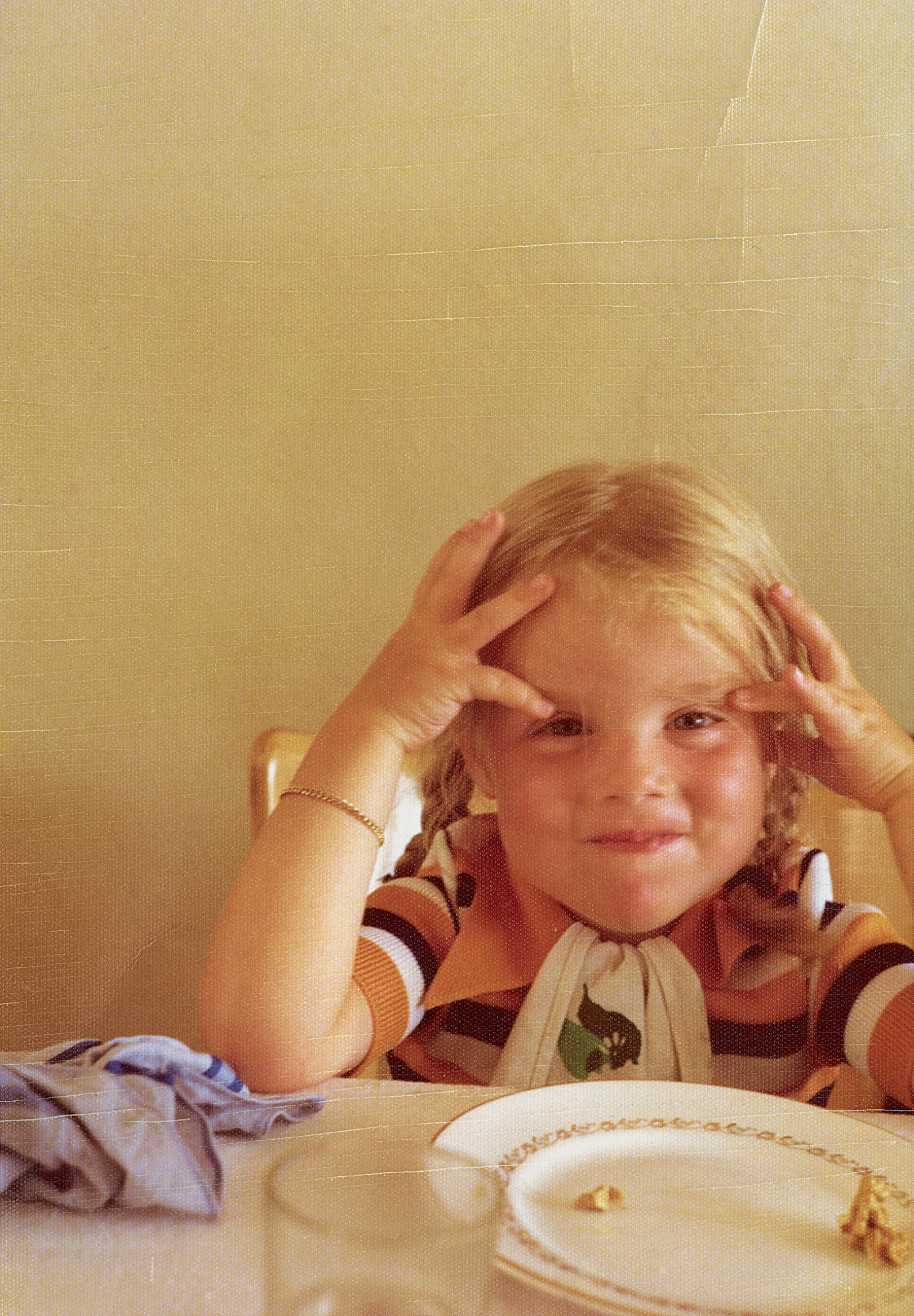
© Personal documents
You write: "I would like to live in a banal classical family with a father who would not be blond."
Yes. The children are conservative. They like that their father is in classic costume and that their mother is in skirt and heels. In any case, in my day. As a child, we only have one desire: to belong to the norm. Joyce Carol Oates speaks very well in Lost Landscape. She says that the writer is someone who has questioned more than another child, that he can not put these issues aside and that, throughout his life, he will not stop question.
At 14, you make a suicide attempt and you find yourself in a psychiatric hospital, it's still something that was seriously wrong at home ...
I do not know. This was in any case an incredible human experience. Spending weeks in the middle of completely riddled young people was difficult, but it taught me so much about myself. Then I decided to try to be an actress after watching Romy Schneider in a movie on TV. I ran for a notebook and wrote the replicas to replay them in my head. When I left, I enrolled in a theater class, and my life changed.
A few years ago, when we arrived home for an interview, you asked us to take off our shoes and wash our hands.
Is this phobia of microbes a reaction to your messy childhood? Not at all. When a comedian announces that he has a gastro and must then kiss you on stage, it's a little funny. I can not accept the idea that because of a cold six hundred spectators will have to leave without having seen the play. My phobia of microbes is very much about that. I do not feel strong enough about situations that worry me.
I suffered from busy parents finding their own ways
The great love of your mother is the father of her first child who abandoned them, the one she will find forty years later. One can not help thinking that you are the child of a united couple for want of a better one. A parenthesis, in a way ...
Yes, it's true and I say it in my own way: my parents warmed up for a while. It's not so bad ! I do not know who said: "We can love each other all his life but not all the time. They were so helpful, anyway! On the other hand, I have a hard time understanding my parents' lack of curiosity about the discomfort they caused me. I suffered from busy parents finding their own ways.
Do you blame them?
No, because my book is in no way a settlement of accounts. It also shows the great richness and complexity of their life together.
At the end, you thank your mother, your husband, your children and others, but not your father. Why?
I thank my mother because she immediately understood my approach to make this book.
Your father, less?
No, the book is still a kind of homage that I give to the great designer he has been, to the artistic education he gave us, to the incredible richness of this character. I could not thank everyone. I may do it in the next.
You mention this dramatic moment when your father, who was in charge of the design of the French games, ended up in prison under the accusation of fraud.
Yes, it was a really devastating, unfair, Kafkaesque period. There was finally a no place. Justice was trying to catch someone else through my father. It was very, very violent.
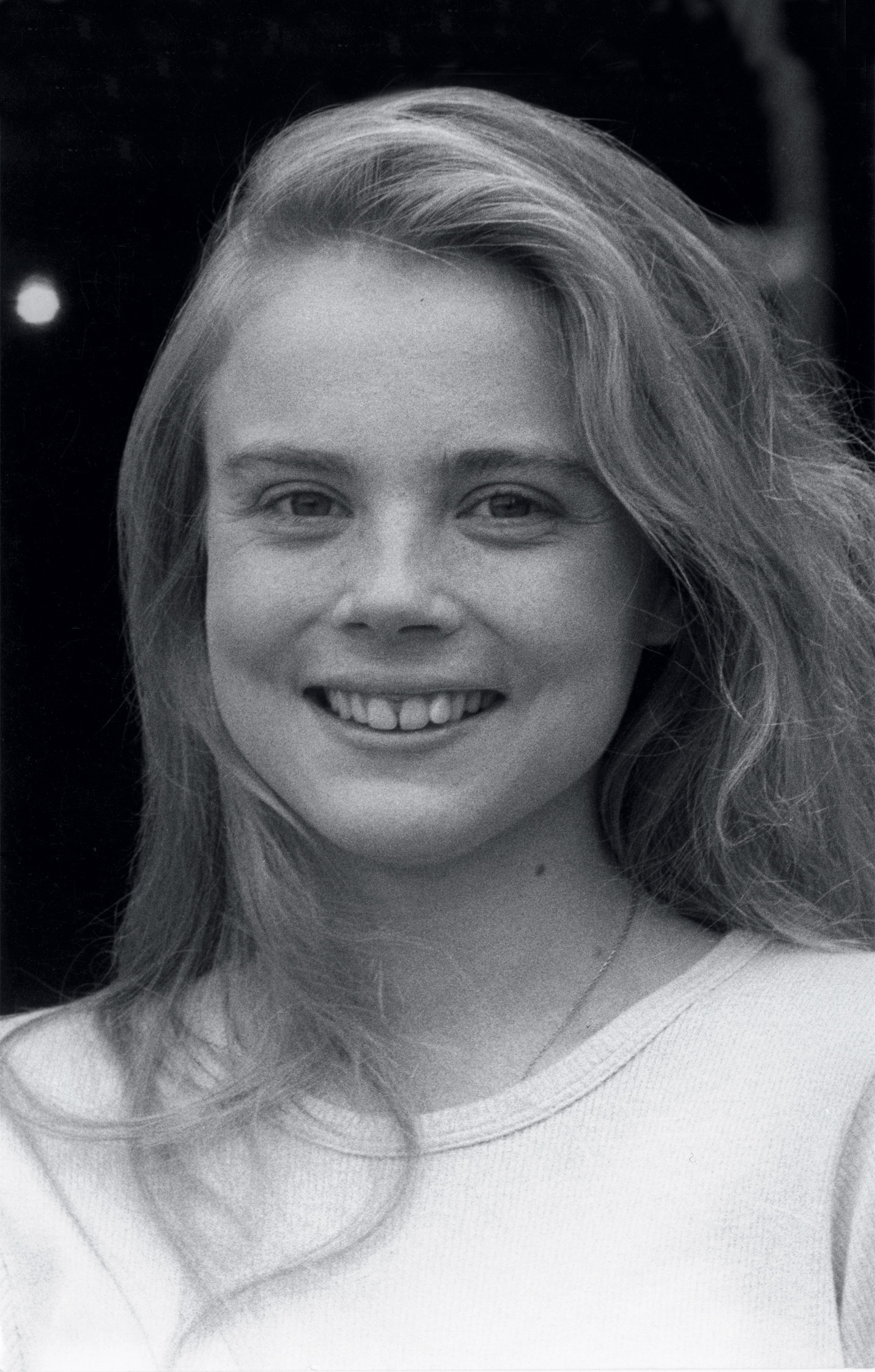
© Personal documents
There was shame on your part, of the incarcerated knowledge?
Absolutely not, because I have never doubted his innocence. They tried to crush it. I would say that I was more afraid of his fall. It remains a trauma and sends me back to my feeling of insecurity. When I am told that I am successful in my career, that nothing can happen to me now, I always have the image of my father in prison. For him, it's changing. It heals alcohol, and I
am very happy. He married his mate. As in Frank Capra's films, there is always a solution.
What is your story?
That of people trying to build their lives, who grope, looks for themselves. Who must do with their secrets, their lies, their desires to go towards more sincerity. There is a sentence of Vladimir Jankélévitch who guided me during the writing, it is this: "We must let the contradictions live, and when we have something important to do, we must first do it, even if you seem to be contradicting yourself ". It's not bad found.
You shelter a lot behind quotations ...
(Laughs) That's right. I started, around the age of 10, to blacken notebooks of quotations, and it got worse with the theater. I fill out notebooks about the author when I start repeating a role. One way to find help and clarify what I want to say.
Do you feel better after writing this book?
It's not really the question, to feel better, like, "I'm going out of things that were stuck in me. It is that of having managed to find a writing. The feeling that the layer is in the right place on the drawing. I have the impression of having arrived in my little chair and telling me: "You have put your valoches, it's good now. I feel like in David Bowie's song, Absolute begginers.
